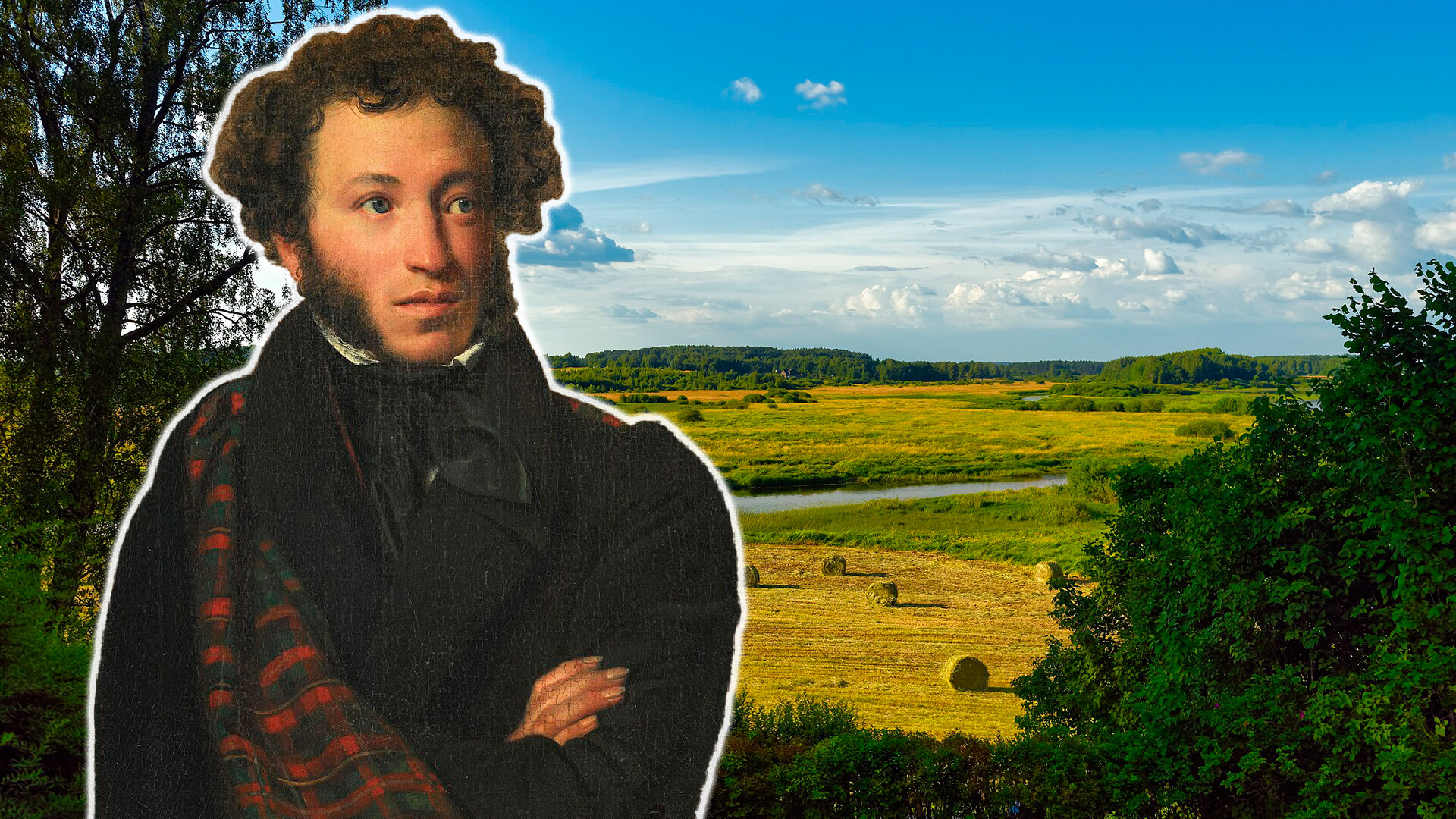
Why is Pushkin’s ‘Eugene Onegin’ considered an ‘encyclopedia of Russian life’?

The then 23-year-old Pushkin started writing his famous novel in verse in 1823 and finished it in 1831. The piece came out in print, chapter by chapter and readers were waiting with bated breath for the next part, just as we now wait for new episodes of a popular TV series.
“‘Onegin’ can be called an encyclopedia of Russian life and an extremely popular work,” Vissarion Belinsky, the 19th century’s most acknowledged literary critic once wrote. And his definition of the “encyclopedia of Russian life” stuck with the novel.
Indeed, Pushkin showed a whole cross-section of society and a comprehensive picture of how Russia lived in the first quarter of the 19th century. He described the noble countryside estate, the life of peasants, St. Petersburg’s high society and the old Moscow nobility.
The Russian seasons and landscapes pass in sequence in the novel. A wise poet who was beyond his years, Pushkin also makes many philosophical and psychological comments that have become aphorisms.
Anyway, what did we mean by that? Read Pushkin, he’s got it all!!!













